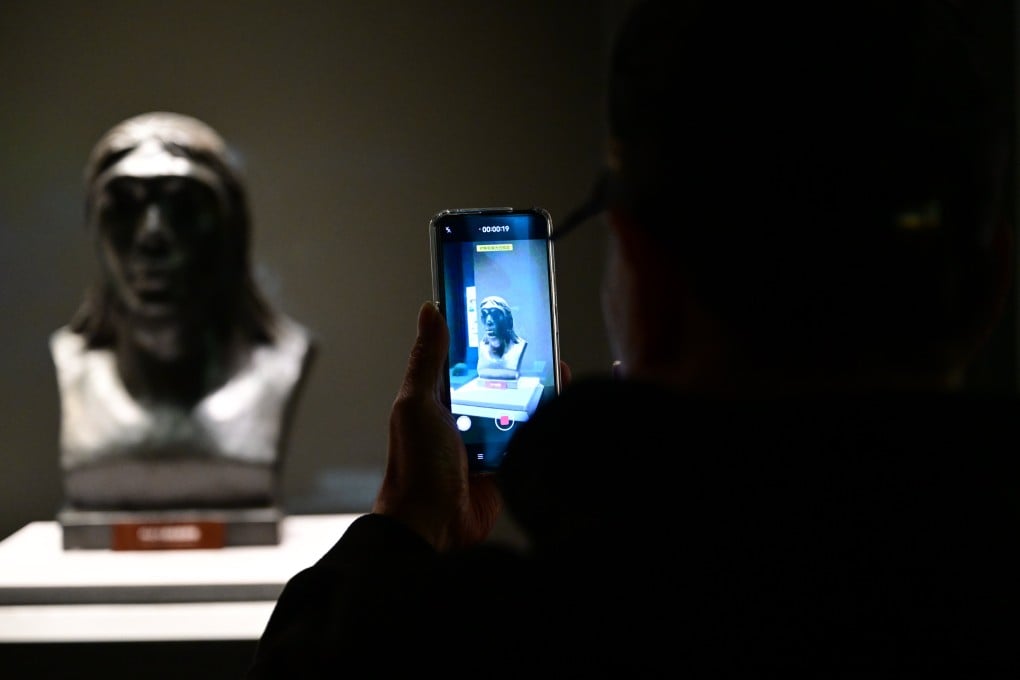It was East Asia: Chinese scientist challenges ‘out of Africa’ theory of human evolution
Evolutionary biologist Huang Shi argues that lack of genetic diversity among East Asians suggests they are real ancestors of modern humans

However, that “out of Africa” model is being challenged by a Chinese evolutionary biologist – who argues instead that East Asia was the most likely origin.
Huang Shi is a recently retired professor of epigenetics – the study of how behaviour and environment can cause changes and affect gene activity – and evolution at Central South University (CSU) in Changsha, Hunan province.
According to Huang’s new molecular evolution theory, East Asian populations, which have the least genetic diversity, are likely to have been the real ancestors of modern humans.
Huang has focused on his theory since 2009, when he returned to China after nearly three decades in the United States as a researcher and teacher.
“Multiple lines of tests, including ancient DNA analyses, lend robust support to the ‘out of East Asia’ model as the more accurate representation of modern human origins,” he said in an article published last month in the Chinese-language journal Prehistoric Archaeology.
For decades, the dominant hypothesis on human origin has been the “out of Africa” theory, which holds that modern humans first appeared in southern Africa around 50,000 years ago and then migrated to Eurasia, largely replacing indigenous populations.
